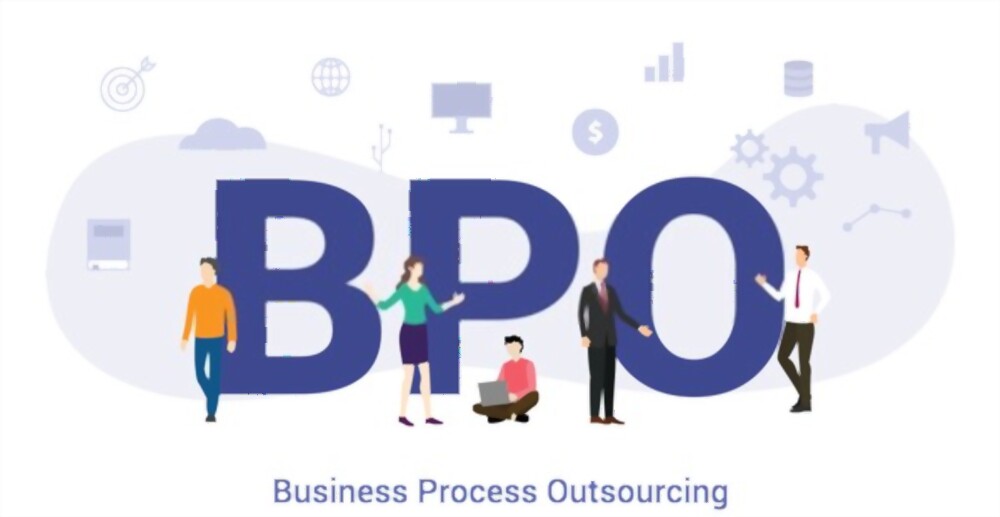Whether you’re looking to increase operational efficiency or achieve business optimization, outsourcing can help. However, choosing a back-office BPO company requires a bit of research.
Look for a dedicated BPO firm that offers diverse services and has access to technology. They should also have a smooth transition plan that allows them to get acquainted with your business processes.
Cost-effectiveness
Streamlining back-office operations is a must for any business looking to improve efficiency. By optimizing processes and implementing technology solutions, businesses can unlock significant efficiencies and growth. Whether it is through streamlining procurement processes or automating accounts receivable processing systems, the benefits are numerous. By reducing manual work, enabling employees to focus on strategic projects and improving communication across departments, companies can boost productivity and achieve long-term success.
However, a company’s budget must be considered when choosing a BPO provider. Some providers may offer impressive results for a reasonable price, but others can be very expensive. It is therefore important to define a budget from the outset and choose a company that fits within your financial constraints.
There are two types of business process outsourcing: front office and back office. Back-office BPO focuses on internal business functions such as data capturing, accounting, human resources, IT services, quality assurance, and cybersecurity. In contrast, front-office BPO involves the outsourcing of customer-facing activities, such as telemarketing and tech support.
While the use of BPOs has been criticized for taking jobs away from Americans, this does not have to be the case. There are many US-based BPOs that provide services and act as third-party contractors for other U.S.-based companies. This approach can also save money because BPOs can handle high volumes at a lower cost than the client company.
Scalability
As a firm grows, it can have an impact on back office operations. In addition to affecting productivity, it can also affect a company’s profitability. This is why it is important to continuously optimize back-office processes and improve communication. These initiatives can result in improved efficiency and cost savings. In addition, they can help to enhance customer satisfaction through faster response times.
One of the most important factors to consider when evaluating a BPO is scalability. An ideal BPO should be able to provide you with services at a cost that fits your budget and needs. This will enable you to manage expenses and maximize your profitability. The best way to do this is by defining your business needs, and determining the number of hours you need for specific tasks. In addition, you should develop a service level agreement with your outsourcing partner to set expectations and define the scope of work.
When evaluating a BPO, look for a firm with experience and expertise in your industry. A firm with specialized teams will be able to offer you the most competitive services and ensure that your requirements are met. In addition, they will have an established knowledge base in areas such as accounting, human resources, information technology, and legal procedures. This will minimize the need for your firm to establish its own best practices and industry standards.
Flexibility
Back office functions are crucial to the success of any business, even though they are not visible to customers. They include accounting, bookkeeping, HR payroll management, customer service, data entry, and more. When these tasks are not managed efficiently, they can lead to costly errors and delays in product delivery. Fortunately, a few simple changes can significantly improve back-office efficiency. Streamlining back-office processes can also help businesses save money on labor and equipment costs, while improving productivity and overall business performance.
A BPO partner can help you rethink your back-office processes, and implement new tools and technologies without compromising your existing business goals. They can also provide you with the latest software solutions that will enhance your efficiency and productivity. They can also help you reduce overhead and maintenance costs by reducing the amount of space required to house your IT equipment.
For small businesses and startups, outsourcing back-office services can be a cost-effective solution. By partnering with a BPO provider, you can avoid paying for employee benefits, office space, and equipment. Additionally, you can focus on core projects and responsibilities that will grow your business.
Security
A business that wants to streamline its back-office operations can benefit from a dynamic BPO solution. These solutions can improve a company’s overall operational efficiency, reduce costs and boost productivity. However, there are some important considerations to consider before choosing a BPO provider. The first is security. While many BPO providers have robust security measures in place, a business should carefully evaluate them before deciding to outsource any sensitive information.
A streamlined back office can also save time by improving data management systems. This can result in faster decision-making and reduce financial losses caused by errors. For example, a streamlined process for handling payments can improve the accuracy of accounting transactions and prevent fraud. Moreover, it can also lower the time required for processing invoices and receipts.
In addition to streamlining back office processes, a BPO solution can also improve business productivity by freeing up employees’ time for other tasks. For example, a business can outsource its payroll to a specialized BPO provider, which will save the company both time and money. In addition, a BPO solution can help a company stay competitive by providing a better user experience and improving its customer service. This allows a company to focus on its core business activities and achieve its business goals.
Thanks for visiting atoallinks


